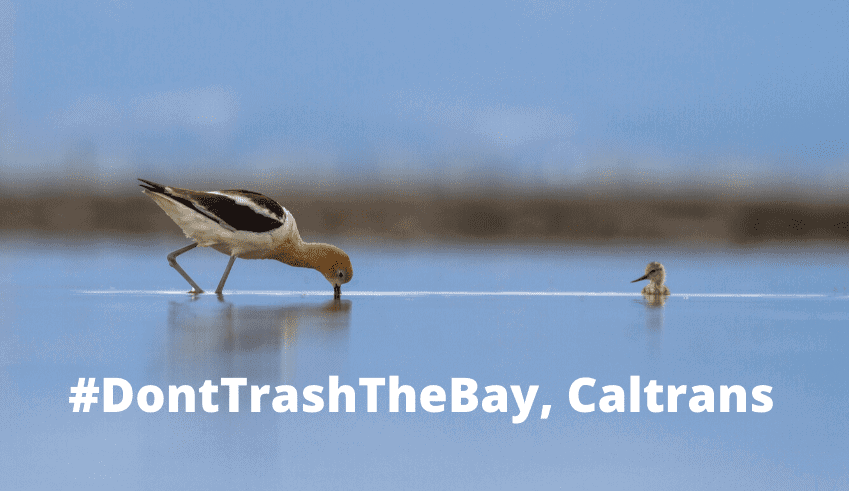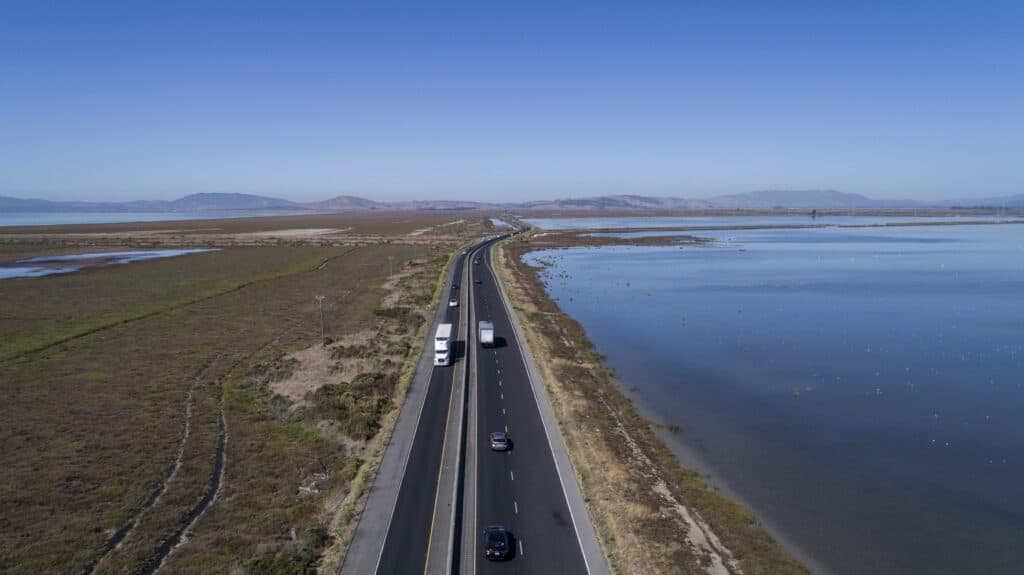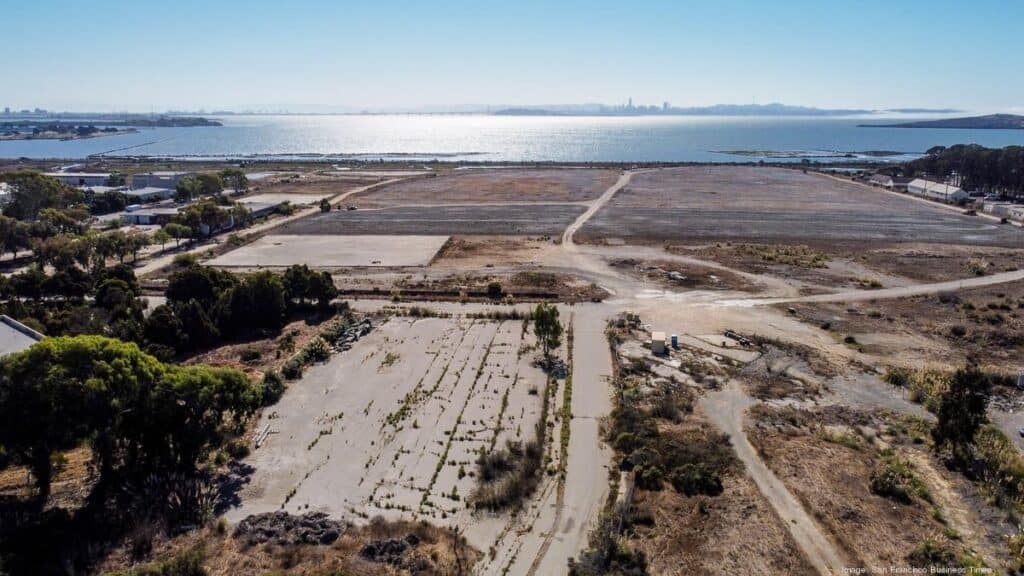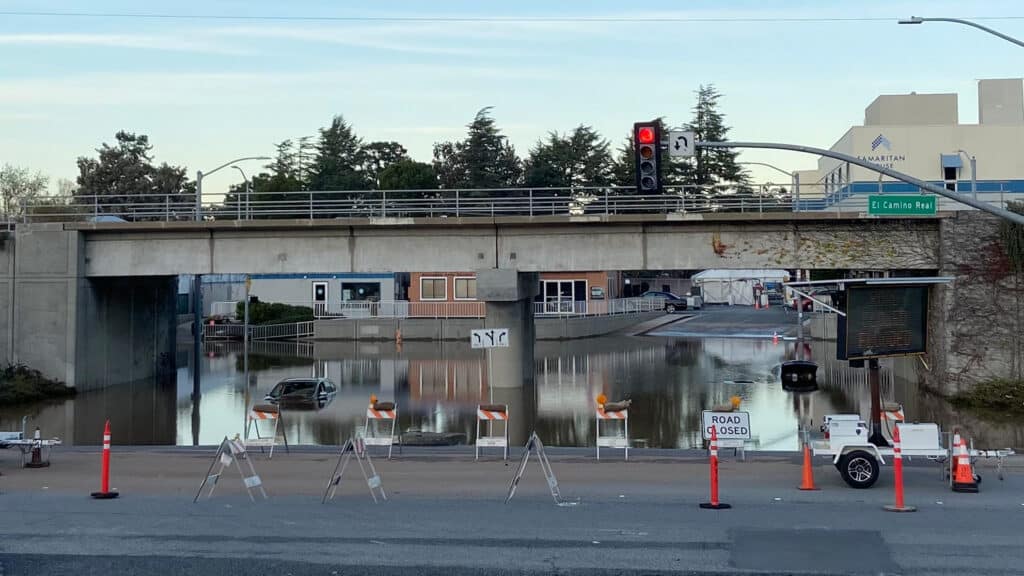
Last February, we celebrated a significant victory in the battle against trash pollution when the San Francisco Regional Water Quality Control Board (Regional Board) took a rare enforcement action by issuing a Cease and Desist Order against another state agency – Caltrans – requiring it to speed up efforts to remove trash from highways and state-owned roads and stop polluting local creeks and the Bay.
Trash that builds up along roadways doesn’t stay there. When it rains, runoff carries the trash into the storm drains, through the storm sewers and ultimately into our waterways. In every city in our region (except San Francisco), stormwater does not go to a treatment plant before it empties into the Bay. For years, Caltrans has allowed trash to collect along roadways and hasn’t prevented it from being flushed into the stormwater system, despite the requirements of the federal Clean Water Act enforced by the Regional Board. This creates a significant impact on water quality in the Bay and poses problems for the cities that Caltrans property passes through, which are held accountable for trash that ends up in their storm drains, even if that trash originated on a state road.
The Regional Board’s order established a series of benchmarks that Caltrans must meet to comply with its federal obligations, ultimately requiring the agency to eliminate trash flows into storm drains by 2026. The first step is for Caltrans to create and submit a Trash Control Implementation Workplan to the Regional Board outlining the actions that it plans to take to prevent trash pollution. Those actions include installing screens to block trash from entering storm drains, or improving street sweeping and trash cleanup activities to a level that stops trash flows altogether, or some combination of both.
Instead, after reviewing the workplan that Caltrans submitted in December 2019, it is clear that Caltrans still isn’t committed to cleaning up its roads and highways. The document that was submitted does not include a detailed plan or budget allocations to eliminate trash on its roadways over the next six years.
| Cease and Desist Order Requirements | Caltrans Workplan |
| Identify specific pollution prevention projects | NO project list |
| Provide a schedule for project completion | NO schedule |
| Secure funding to enable project completion | NO funding commitment |
| Plan for future maintenance | NO maintenance plan or budget |
Based on this plan, Caltrans cannot credibly claim that it will eliminate trash on its Bay Area roads by 2026 as mandated.
In the coming months, Save The Bay will be working to ensure that the Regional Board holds Caltrans accountable for the shortcomings of its trash reduction workplan, and its failure to comply with the Cease and Desist Order. Stay tuned for ways to support these efforts.
Trash pollution is a growing problem in the Bay Area, one that requires a broad array of approaches to ensure that the Bay isn’t treated like a giant garbage can. Residents, businesses, local government and the state all play a role, but we won’t solve this problem if one of the largest contributors to trash pollution in the Bay – Caltrans – continues to shirk its responsibility. Join us in telling Caltrans #DontTrashTheBay.

















































